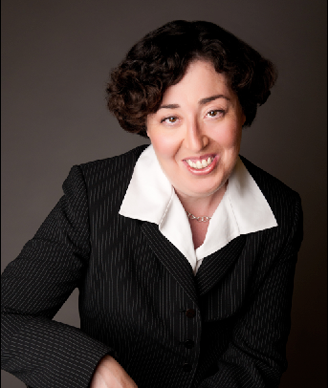You Never Forget Your First Radiologist
The radiologist could not have known exactly what was in store for me, but it obviously wasn’t good. Couldn’t he have dredged up even a nanoparticle of empathy
Katherine O’Brien

As the radiologist swept into the exam room, I felt like a footlocker being presented to a drill sergeant for inspection. The ultrasound technician stood at attention beside her monitor, silent and emotionless.
The radiologist sloshed more cold goo over my breasts and swiped away with the transducer. “It’s not a cyst,” he said, nodding at the computer screen. “You need to see a surgeon.”
I hated this man from the moment he stepped into the room. All morning he had been a Wizard of Oz–like presence issuing directives from his invisible control room. “The doctor needs more views,” the mammogram technician told me. She would disappear to confer with him for a while, and then return and announce yet again, “We need more views.”
Finally she took me across the hall for an ultrasound. A lot more to and fro–ing ensued until the great man himself darkened the doorway. I thought he looked sullen and hungover, and none of his subsequent actions improved my first impression.
For a long time, I assumed my hatred for the man stemmed from the news he delivered. After all, I had cancer-a huge spiculated mass within my chest that was practically pulsating with doom. That certainly wasn’t his fault. But I still hated him-his clinical detachment, his brusque pronouncements, and his grim determination to snuff out even the tiniest spark of optimism.
Some months later, I learned a friend had a similar encounter with this radiologist. “He had absolutely no bedside manner,” she recalled. “He delivered the news about my breast cancer as though he were dictating it to a secretary.”
My friend wrote a book about her cancer experiences. With the exception of the radiologist, she called her medical team by their real names and was effusive in her praise. The radiologist, however, merited only a few harsh sentences and a memorable pseudonym: Dr. Bunghole.
Someone getting a routine mammogram rarely has an audience with a radiologist. A woman could go her entire life without ever meeting the people responsible for reading her annual exams. And few people select their imaging center based on the radiologist’s sparkling social skills. For many patients, flexible scheduling and quick results are more pressing priorities.
But the patient who does come face-to-face with a radiologist after a bad mammogram is at an immediate disadvantage. The radiologist does not leave the dark glow of his or her bank of monitors to inquire if you liked the selection of magazines in the waiting room or to validate your parking. If the doctor comes to see you, something is wrong-the real question is, how wrong?
My life changed irrevocably in the weeks after I left Dr. Bunghole’s office. The future as I had once envisioned it was rocked and ultimately leveled by a series of seismic appointments. First I met a surgeon who did a biopsy and ordered more tests, including the bone scan that revealed distant metastases in my lumbar vertebrae. Finally, I saw an oncologist who told me my treatment would be lifelong as she tried to control my incurable disease. And of course the aftershocks continue-as to be expected when you live on an oncologic fault line.
The radiologist could not have known exactly what was in store for me, but it obviously wasn’t good. Why couldn’t he have dredged up even a nanoparticle of empathy?
I’m thankful we have many excellent radiologists who do their jobs with commendable competency and compassion. But even one Bunghole is one too many.
How Supportive Care Methods Can Improve Oncology Outcomes
Experts discussed supportive care and why it should be integrated into standard oncology care.